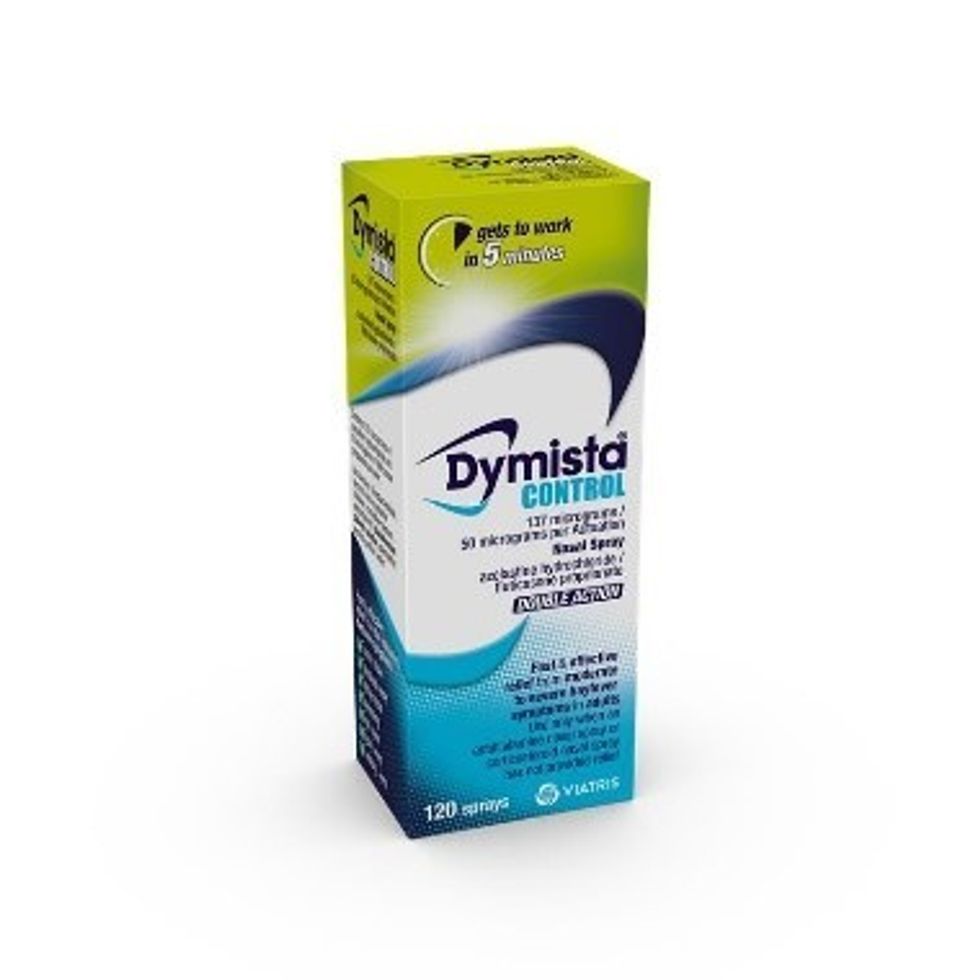The separate organisation should be responsible for identifying patients who need pre-emptive treatment
Former UK prime minister, Tony Blair has expressed that there should be a dedicated prevention organisation to identify people who need pre-emptive treatment, health advice and weight-loss drugs, The Times reported.
The Tony Blair Institute argued that this could save the NHS billions of pounds a year and boost the economy.
About 40 per cent of the health service’s budget is used on treating preventable conditions, with obesity costing £19 billion a year, as estimated by the institute.
Blair’s think tank has suggested that a separate organisation, Protect Britain, should work along with the NHS to identify at-risk patients, who should also be given exercise and diet advice as well as effective weight-loss drugs such as Novo Nordisk's Wegovy.
Using AI, medical records could be analysed to find out which patients may benefit from which preventive treatments, it stated, as reported by the publication.
The organisation could use existing methods such as texts and phone calls, and publicity campaigns to make people aware of the preventable conditions, it added.
Further, the institute argued that the NHS app should be revamped to alert people to treatments and tests they need to undergo.
Earlier, Labour's shadow health secretary Wes Streeting had also shared plans expand use of the NHS app to alert patients eligible for vaccination and screening.
The World Health Organization (WHO)’s 2022 estimates showed that obesity affects over 1 billion people worldwide, including 650 million adults, 340 million adolescents and 39 million children.
Unfortunately, this number is still increasing, and WHO estimates that approximately 167 million people will become less healthy by 2025, because of excess weight.
Too much weight can cause harm to the patient’s heart, liver, kidneys, joints and reproductive system, and make them prone to a range of noncommunicable diseases (NCDs), such as type 2 diabetes, cardiovascular disease, hypertension and stroke, certain cancers, as well as mental health issues.










 Dymista® CONTROL (azelastine hydrochloride and fluticasone propionate) nasal spray
Dymista® CONTROL (azelastine hydrochloride and fluticasone propionate) nasal spray ![Potential Side Effects of Mounjaro [What You Need to Know]](https://www.pharmacy.biz/media-library/image.jpg?id=54516976&width=1245&height=700&quality=90&coordinates=0%2C29%2C0%2C29)








